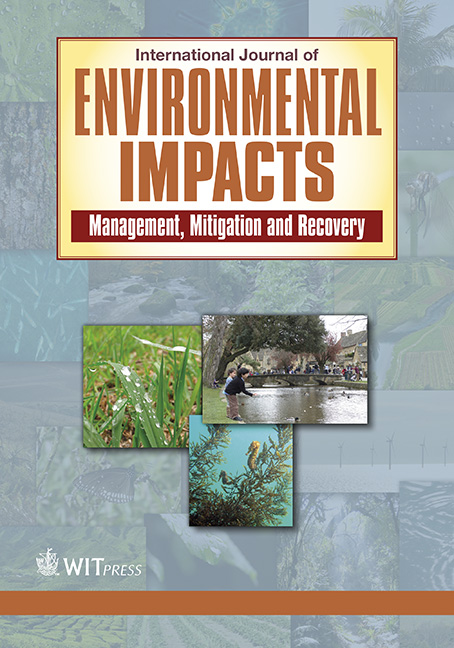Learning to quantify positive futures
Price
Free (open access)
Volume
Volume 5 (2022), Issue 2
Pages
17
Page Range
128 - 145
Paper DOI
10.2495/EI-V5-N2-128-145
Copyright
WIT Press
Author(s)
Delwyn Jones, Mathilde Vlieg, Shloka Ashar, Lesley Friend & Ceclia Costa Gomez
Abstract
This paper highlights the urgent need to increase the understanding and uptake of positive messaging, metrics and analysis to facilitate learning across all areas of community and professional environmental education. It examines the failures of current environmental sustainability reporting, communication and learning frameworks to inspire and engage people. It then shows the quantification of ‘unsustainability’ inherent in the development of world-first automated whole-building Life Cycle Assessment and Life Cycle Impact Assessment (LCIA) software. by focussing on a negative range that stops at zero, LCIA excludes positive gains in security of supply, climate, habitat and wellness. Through case studies, the authors show how practitioners sought to improve sustainability education. They also sought to measure positive gains by developing Life Cycle Benefit Analysis (LCBA) compiled to quantify positive development gains within planetary boundaries’ safe operating space. LCBA was tested in third-party-certified environmental Product Declarations and building projects. Case studies compare benefit and damage metrics for supply, climate, habitat and wellness outcomes, carbon drawdown ratings and circularity scores. The authors report what consultants, teachers, interns and clients learnt about gaps in environmental education frameworks in other institutions. They reflect on how to expand positive sustainability messaging and learning across industry, community and education from primary to post-graduate and professional accreditation. Of vital significance is the need to address youth and student anger and apathy in response to the locked-in devastating climate change and wildlife extinctions they have inherited. The authors assert the critical need to engage people of all generations in counting benefits and gains and offer positive sustainability development strategies to this end. Among the recommendations is the need for positive climate and habitat security narratives to activate interest, empower responses and motivate teaching and learning.
Keywords
benefit, climate brake, education, positive development, security.




